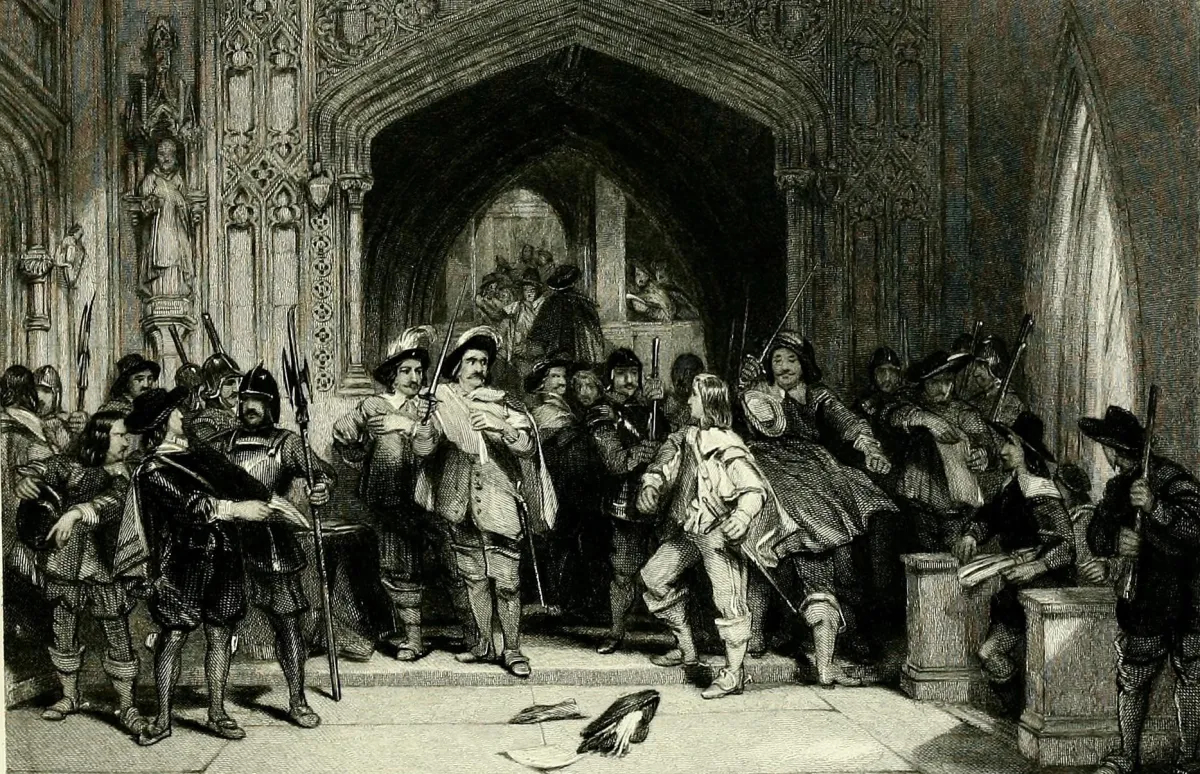Gen.Mannerheim
Grand Moff
Would you not agree that if Charles I won the Civil War, the power of the parliament would have been set back a couple of decades?
However, Ole Oliver also set back parliamentary development by purging the Parliament until the creation of the Rump Parliament. And the Rump Parliament had to share both legislative and executive powers with the Protector's Privy Council making the "republic" a bureaucratic mess and something England didn't try to replicate again.




